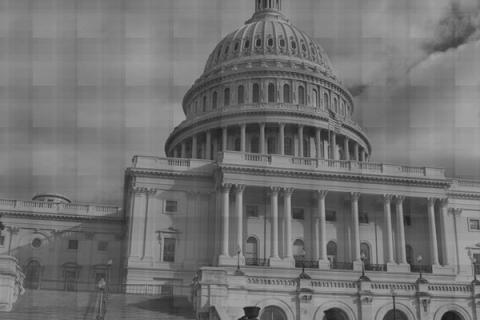A little over a week ago Amazon sent a letter to California legislators threatening to end its business with marketing affiliates if legislation was passed imposing sales tax for internet purchases on companies such as themselves.
AB 178 is the bill in question, which Amazon alleges is “unconstitutional,” and is similar to that of New York’s bill last year (which Amazon and Overstock have also contested). The bill could raise $150 million in state revenues. Of course, if they discontinue their business here it could have an adverse economic effect.
Assemblywoman Nancy Skinner proposed the bill, introduced in February of this year. Her chief of staff Frank Russo attributes the unfair advantage e-commerce businesses hold over “brick-and-mortar” establishments, saying the legislation intends to “ensure that California receives its share of sales and use tax revenue from out of state companies,” as posted on the Assemblywoman’s website.
As expected, Overstock joined Amazon by also pulling away from California (and the other states imposing similar legislations, namely: Hawaii, Rhode Island and North Carolina) due to these new e-commerce tax laws. It is likely that more affiliates will add to the list.
Summing up the new tax, according to the Overstock letter written by its President Jonathan E. Johnson III to the company’s affiliates in these states, “legislatures have or are about to pass unconstitutional tax nexus and collection laws in an attempt to force Internet retailers to collect and remit sales tax on all sales to residents of these states,” as posted on Affiliate Tip.
The Wall Street Journal printed two concerned citizen’s responses. One feels it’s unfair that “brick-and-mortar stores” have to pay taxes but “multibillion dollar companies like Zappos and Amazon” do not. The other contests that the tax is “most likely illegal” and “job-destroying.”
